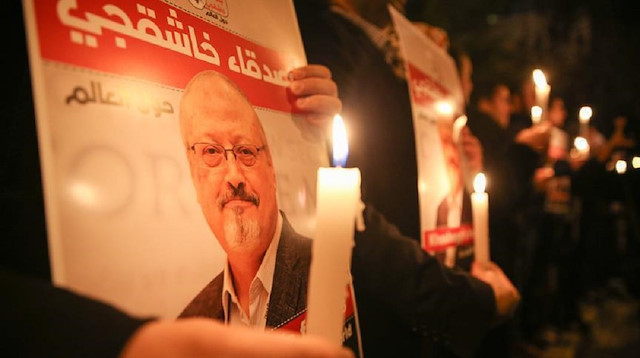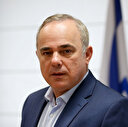

Saudi journalist Jamal Khashoggi
Justice for Jamal organization hosts 'Remembering Jamal Khashoggi' service, bringing together friends of slain journalist
Friends and supporters gathered for a memorial service Friday in honor of slain Saudi journalist Jamal Khashoggi.
The service was organized by the newly created Justice for Jamal organization, which aims to continue efforts to raise awareness of the journalist's death.
Khashoggi, a Saudi national and columnist for The Washington Post, disappeared Oct. 2 after entering the Saudi Consulate in Istanbul to receive paperwork he needed to get married. Once inside, he was immediately strangled and then dismembered, according to the Istanbul Prosecutor’s office.
"It is really hard for me to believe that you are really gone," said Nihad Awad, head of the Coalition of Islamic American Relations (CAIR).
Awad, a close friend of Khashoggi for 25 years, said the journalist’s legacy is something the world should not forget, and he planned to make sure the Saudis do not forget either.
The CAIR director told Anadolu Agency he is working on a petition to change the name of the street in front of the Saudi Embassy in Washington from New Hampshire Avenue to “Jamal Khashoggi Way.”
Other colleagues of the journalist discussed that his death brings to light other heinous acts against people who show any form of criticism to Saudi Arabia.
“The same exact attorney general who went to Turkey to investigate the murder of Jamal Khashoggi, who was murdered for his peaceful activism and journalism, is actually seeking the death penalty against my father for similar peaceful activism,” said Abdullah Alaoudh, fellow at Georgetown University.
Alaoudh’s father, Salman Alaoudh, an internationally recognized Islamic scholar, is currently imprisoned in Saudi Arabia and was charged with terrorism against the country.
Hatice Cengiz, Khashoggi's fiancée, also sent a video message to the service, and called on U.S. President Donald Trump to help in obtaining his body.
“I would like you to support Turkey’s legal efforts to bringing light to this situation and to discover the whereabout of his body,” she said.
Following the service, experts participated in a panel discussing on the political environment in Saudi Arabia in light of Khashoggi's death.
Courtney Radsch, journalist and director of the Committee to Protect Journalists, noted the Saudis use public relations firms and software to uplift their social media strategy and spy on dissidents.
“The Pegasus software, which is an Israeli software that is sold by a U.S. company, which was used to spy, potentially, on Jamal Khashoggi,” she added.
They also discussed how Washington-based think-tanks shy away from criticizing Saudi Arabia due to the country’s influence in the U.S.
Human Rights Watch Director Tom Porteous said these think-tanks never stray far from the Washington consensus on foreign policy, in order to appear relevant.
“Another important point is that they accept money from governments. They accept money from the U.S. government. They accept money from Middle Eastern governments, from Bahrain, from Saudi Arabia,” Porteous said.
#Hatice Cengiz
#Justice for Jamal
#Khashoggi
#Memorial
#Saudi






